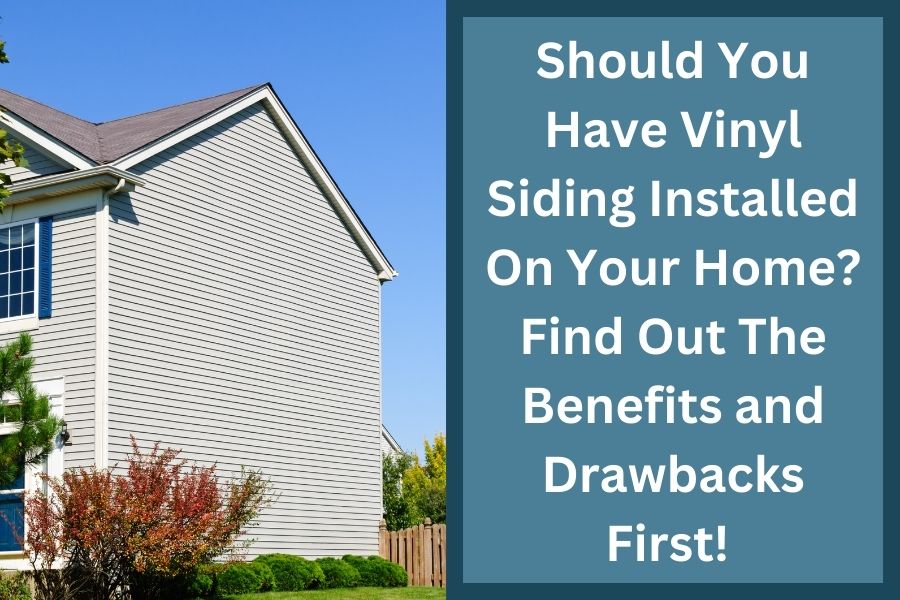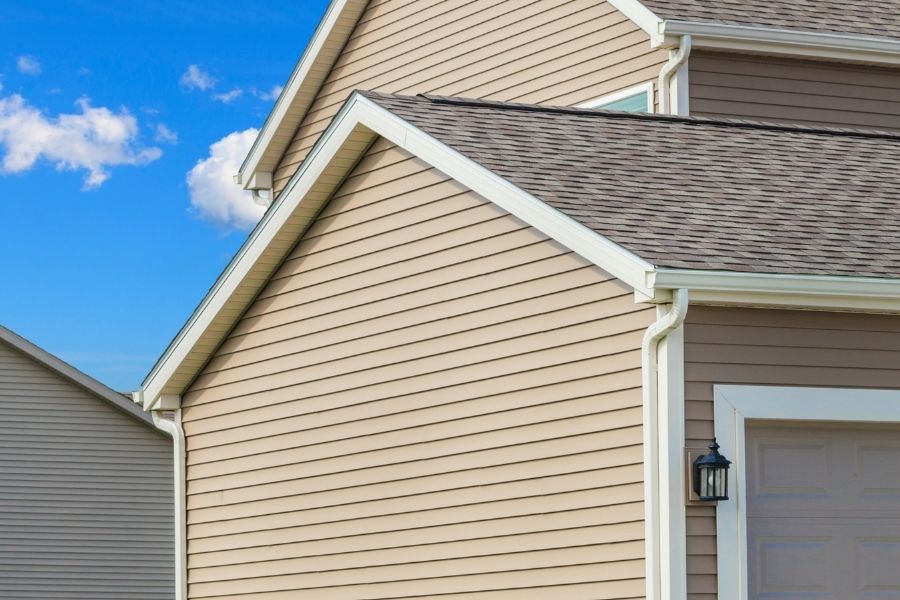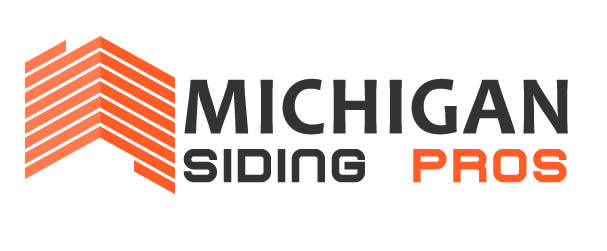Vinyl Siding: Why It’s So Popular and Everything You Need to Know About It
Vinyl siding is one of the most popular siding materials on the market today. And for good reason! Not only is it attractive and available in a various colors for your home, but it’s also very durable against harsh elements, easy and low effort to maintain it, and relatively inexpensive for homeowners.
In this article, we’ll go over everything you need to know about vinyl siding, from its history to its benefits and drawbacks. By the end, you’ll have a better understanding of whether or not vinyl siding is the right choice for your home.

A Brief History of Vinyl Siding
Vinyl siding was first introduced in the 1950s as an alternative to wood and aluminum siding. At the time, it was hailed as a revolutionary product because it was so much easier to install than other types of siding. In addition, it was also very inexpensive, which made it an appealing option for budget-conscious homeowners.
It wasn’t until the 1970s that vinyl siding really started to take off in popularity. This was due in large part to the energy crisis of the time, which made homeowners more interested in energy-saving home improvement sidings. Vinyl siding is an excellent insulator, so it helps homes stay warmer in the cold and blistering winters and cooler in the summer. This made it a very attractive option for homeowners who were looking to save money on their utility bills.
The Many Pros and Cons of Vinyl Siding
Now that we’ve covered the history of vinyl siding, let’s take a look at some of its key benefits and drawbacks. These are the more commonly known pros and cons of vinyl siding.
Benefits of Vinyl Siding:
–Vinyl siding is very easy to maintain. All you need to do is hose it down every now and then to keep it clean.
-It’s also very durable; vinyl siding can last for decades without fading or cracking.
-Vinyl siding is also quite inexpensive; in fact, it’s one of the most affordable siding options on the market today.
-Another advantage of vinyl siding is that it’s available in a wide range of colors and styles. This means that you can find an option that will complement the look of your home perfectly.
-It is also fire resistant, which makes it a safe choice for homes in areas prone to wildfires.
-Vinyl siding is very low maintenance and doesn’t require painting or staining like wood siding does.

Drawbacks of Vinyl Siding:
-Although vinyl siding is quite durable, it can be damaged by high winds or hail storms.
-It’s also not particularly eco-friendly since it’s made from non-renewable resources like petroleum.
-Another disadvantage of vinyl siding is that it doesn’t hold up well in hot weather; the heat can cause the material to warp or fade over time.
Vinyl siding is a popular choice for many homeowners thanks to its attractive appearance, ease of maintenance, and affordability. However, there are some drawbacks to consider as well, such as its susceptibility to damage from high winds or hail storms and its lack of eco-friendliness. Ultimately, whether or not vinyl siding is right for your home depends on your specific needs and preferences.
Can Vinyl Siding Add Curb Appeal To Your Home?
Absolutely! One of the main reasons that vinyl siding is so popular is because it can really enhance the curb appeal of your home. Thanks to its wide range of colors and styles, you can find an option that perfectly complements the look of your home. In addition, vinyl siding is very easy to maintain; all you need to do is hose it down every now and then to keep it looking its best. If you’re looking for a way to add curb appeal to your home, vinyl siding is definitely worth considering.
Is It Right for Your Home?
Only you can answer that question! But we hope that this article has given you a better understanding of vinyl siding and its pros and cons. If you’re still undecided, we recommend speaking to a siding professional; they’ll be able to help you make the best decisions in the end. Hiring a professional siding expert will also ensure the job is done properly, so you won’t run into any problems early in the lifespan of your new vinyl siding.


